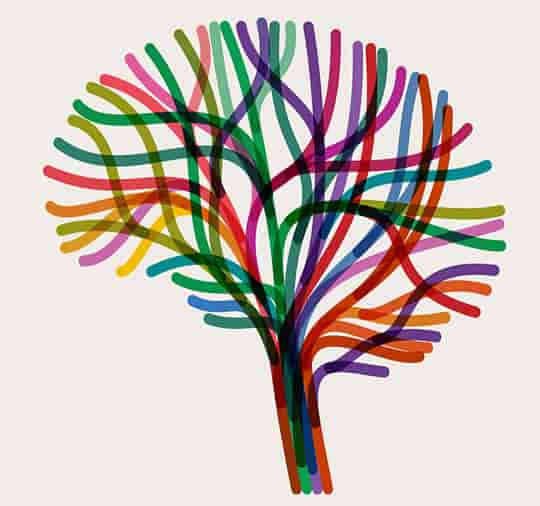New memories are likely to be lost unless they are consolidated correctly.
Rehearsing a memory for just 40 seconds could be the key to permanent recall, a study finds.
When rehearsing a memory, the same area of the brain is activated as when laying it down, psychologists found.
This brain region — the posterior cingulate — is also the part that is damaged in Alzheimer’s disease.
Dr Chris Bird, who led the research, said:
“We know that recent memories are susceptible to being lost until a period of consolidation has elapsed.
In this study we have shown that a brief period of rehearsal has a huge effect on our ability to remember complex, lifelike events over periods of 1-2 weeks.
We have also linked this rehearsal effect to processing in a particular part of the brain — the posterior cingulate.”
In the study people were shown 26 YouTube clips.
For most of the videos, people spent 40 seconds going over the events.
They did this either mentally or out loud.
Two weeks later, non-rehearsed videos were mostly forgotten.
In contrast, people remembered many of the details of the videos they had spent just 40 seconds rehearsing.
It didn’t matter if they went over them mentally or out loud.
Brain scans revealed that the more the activity matched when watching and rehearsing, the more people could remember.
Dr Bird said:
“The findings have implications for any situation where accurate recall of an event is critical, such as witnessing an accident or crime.
Memory for the event will be significantly improved if the witness rehearses the sequence of events as soon as possible afterwards.”
The study was published in the Journal of Neuroscience (Bird et al., 2015).

